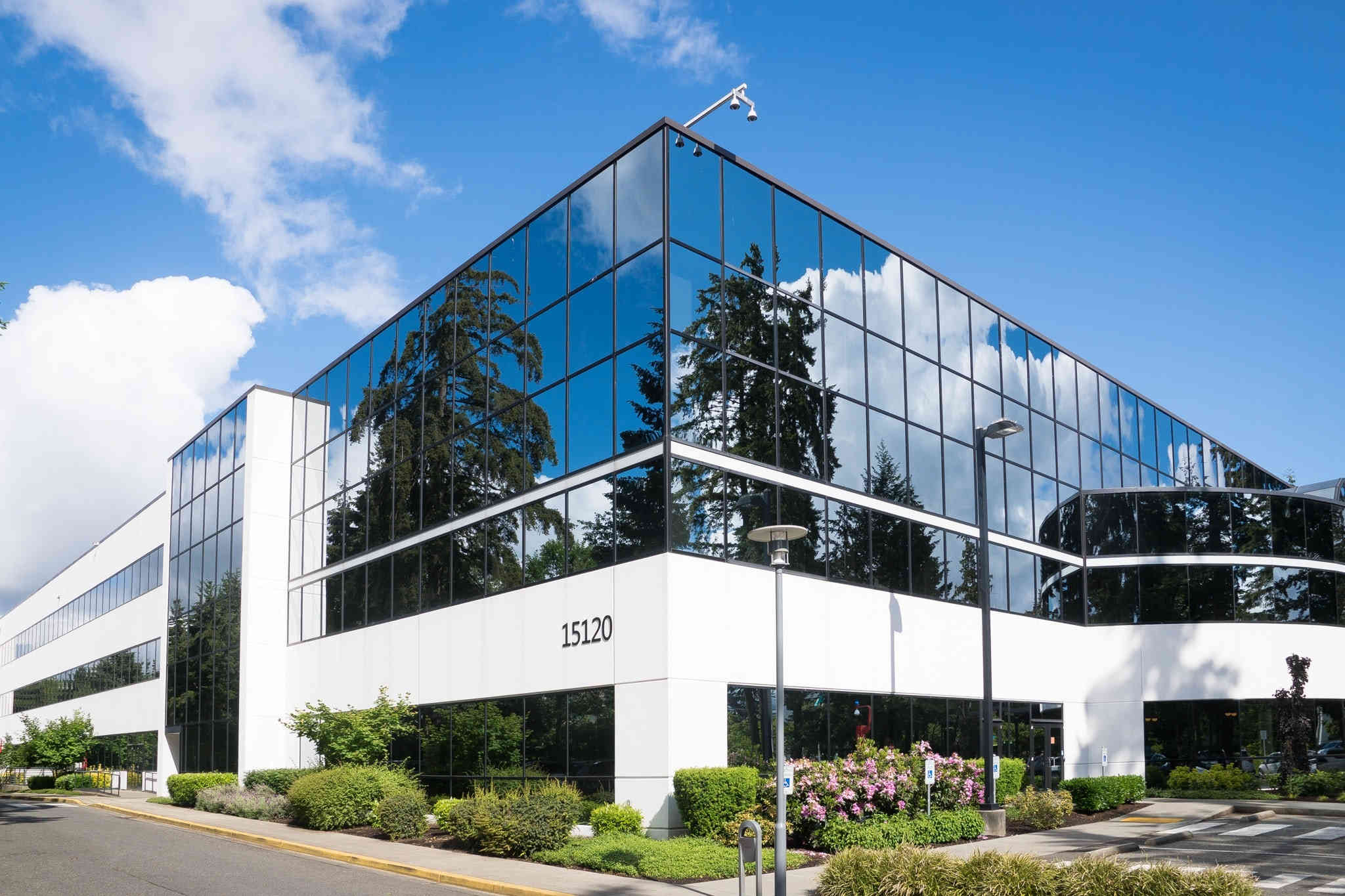A commercial lease is a rental agreement between a business and a landlord. Commercial leases are very different from residential leases.
Basics
In North Carolina, there are no statutory protections for commercial leaseholders. That means landlords and tenants can negotiate a wide range of terms. For example, commercial landlords can charge a rent that varies. Residential landlords cannot.
A commercial lease needs a few key terms. Firstly, you need the space that is to be rented. You also need the duration and the rent (or at least how rent is collected). After that, the terms can be whatever you want them to be, as long as they’re legal.
Uncommon Definitions
CAM. CAM stands for common area maintenance. It is a very common part of commercial leases. Basically, this part outlines how much of the overhead of the overall property the tenant will be responsible for.
Percentage Rent. Percentage rent is concept where a tenant’s rent is actually a percentage of revenue of the tenant. These are more common in malls and strip malls than in office buildings.
Red Flags in a Commercial Lease
I’ve read hundreds of commercial leases over the years. Although I’m certain I haven’t seen every red flag, I’ve seen my fair share.
Personal Guarantors. My first red flag is always the personal/individual guarantee. If you’re required to personally guarantee the lease, you’re putting your personal assets on the line. Rent is usually one of the largest single expenses in a small business, so it’s also the greatest risk if you’re personally guaranteeing it.
Relocation Clauses. If the landlord can relocate you for any reason, that’s a red flag. You gain a lot of goodwill by maintaining a stable address. There’s also a lot of cost in relocating with marketing materials, up fitting, and hiring movers. That’s easily thousands of dollars.
No Parking. It’s a small thing, but if you need parking, your lease should specify that there will always be parking. You can negotiate reserved parking as well as minimum number of total spots at all times. That way, if there’s construction or new tenants, there’s always parking for your customers.
No Sublease & No Assignments. It’s fine for a commercial lease to put restrictions on subleases and assignments, but they should never outright forbid them. Circumstances might demand that you assign your lease. For example, if you sell your company in an asset sale, your buyer will want an assignment of the lease as well.
Unreasonable CAM Clauses. I’ve read clauses in commercial leases that make the tenant pay more than their fair share of CAM. If the property is full, the landlord would actually profit from the CAM clauses. That’s unreasonable. It’s also unreasonable to have a clause that is not reasonably able to be calculated. A poorly written and abused CAM clause can bankrupt a company. Finally, don’t agree to any CAM clause that allows them to use your money for capital improvements. That’s basically double dipping.


Leave a Reply